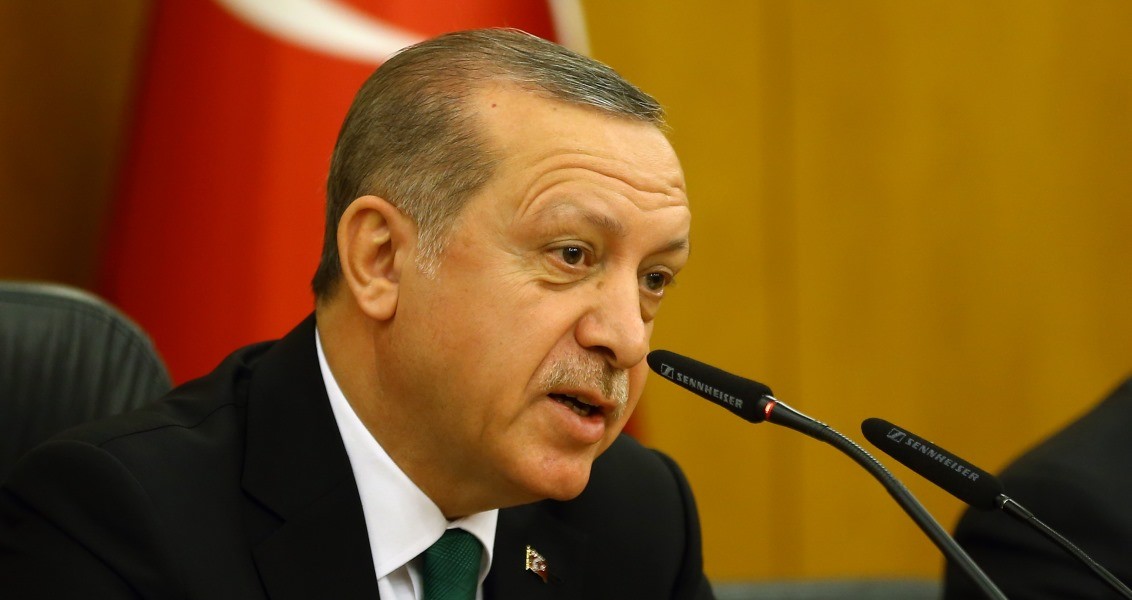Despite the substantial convergent effects of economic globalization among national economies that are at different levels of development, new forms of economic competition are dominating the agenda of policy makers and leading corporate actors. These new competition forms often derive from varying national capacities to conduct commercially applicable scientific research; create a national ecosystem for systematic and sustainable innovation; and facilitate the inbound transfer of up-to-date technology through various strategies. In hardcore industrial manufacturing, high-value added production, financial and service industries, as well as provisions for efficient public services, the adoption of cutting edge organizational methods, technological infrastructure and know-how became the hot topic of today's world economy. In contrast to the neoliberal rhetoric of the world becoming a "global village," both the established and emerging powers of the world system are eager to generate their own industrial-technological knowledge bases and protect them, therefore creating "national or regional villages" within the "global city."
For emerging powers such as Turkey, the prospect of overcoming the "middle-income trap" and joining the elite league of the rule makers in the global economy are largely dependent upon developing a robust national base for research and development, innovation and technology transfer. Therefore, the government's move to prepare a concrete roadmap for the implementation of transformation programs, which focus on intersectoral strategies to improve the science and knowledge intensity of the Turkish economy, accelerate the processes of commercialization to encourage innovation and facilitate technology transfer through foreign direct investment and public procurement, was quite smart. These are exactly the areas, along with critical issues related with energy supply security and efficiency, that a "development-oriented" policy mentality should focus on to improve the country's position in the global economic pecking order.
This weekend, I will be moderating a crucial panel at the Istanbul headquarters of the Foundation for Political, Economic and Social Research (SETA) on the "Importance of Research and Development, Innovation and Technology Transfer in the New Economy." The panel will be attended by the Minister for Science, Industry and Technology Fikri Işık, the Chairman of the İstanbul Chamber of Industry Mr. Erdal Bahçıvan and Prof. Murat Yülek, an expert on industrial policy from Istanbul Commerce University. Before the panel, three policy reports, prepared by SETA researchers concerning Turkey's position in the global league of research and development, difficulties faced by small and medium sized enterprises in financing research and development activities and critical areas of Turkey's technology transfer policy, will be launched. Our sincere hope is that such high profile events continue to be organized in increasing numbers, along with brainstorming meetings of leading sectoral experts to underline the critical importance of a new generation of industrial-technological policies and public-private collaboration in order to augment Turkey's productive capacity.
Nowadays it is common knowledge that macroprudential reforms made the Turkish economy highly resilient against global shocks and fluctuations, a fact frequently expressed by international economic institutions. But sustainable growth and structural transformation could only be accomplished by creating the right environment for a productive economy, with high-value added outputs and global brands. Beside industrial modernization and empowerment of links between the financial and real sectors, this also requires considerable improvements in the quality of human resources that will necessitate a profound reform of the national education system from high school to the postgraduate level. As things stand, there seems to be enough political capital invested in this, but the entrepreneurial community and civil








